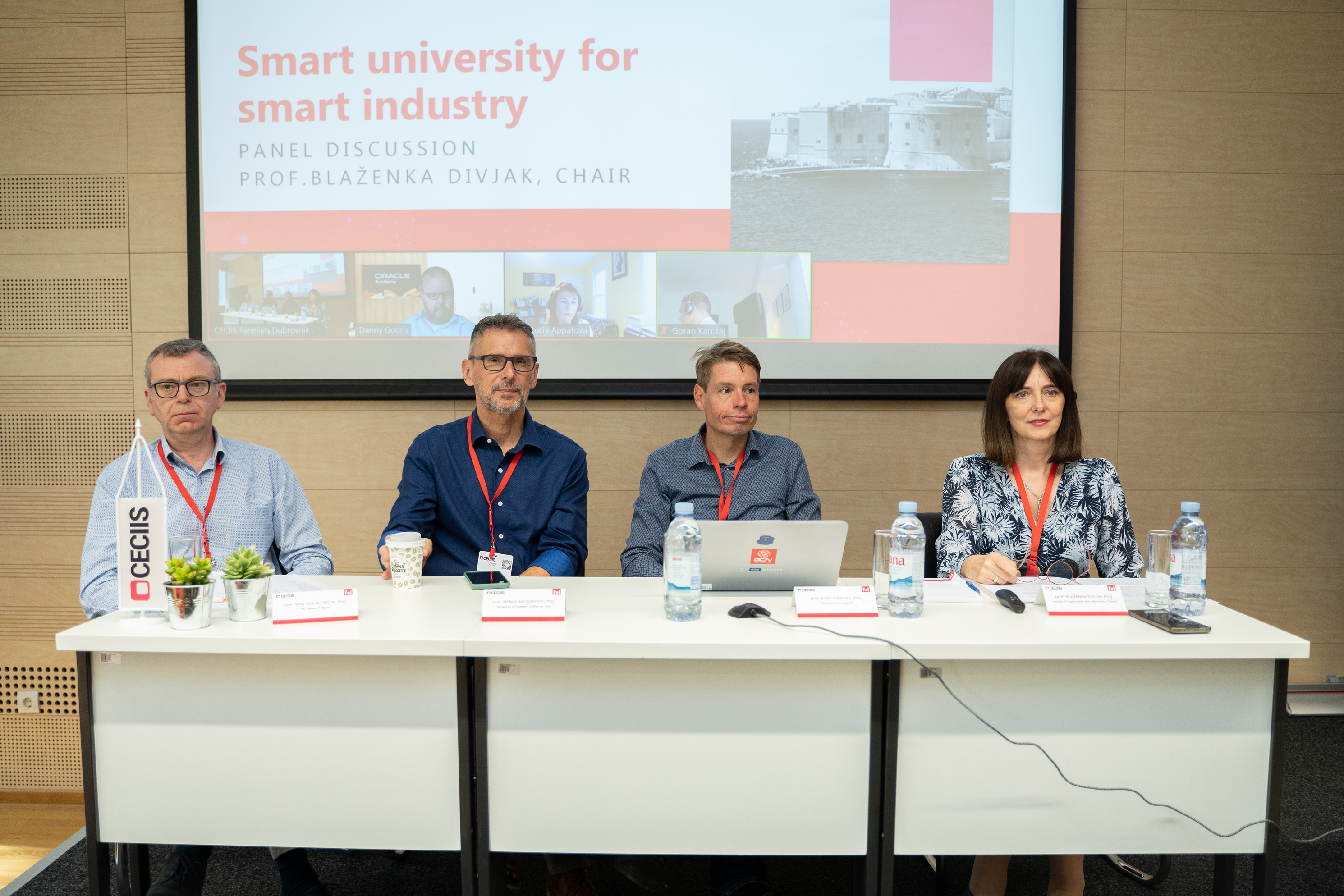The current technological, societal and educational advancements have provided grounds for development of universities which make use of fascinating and powerful technologies, and engaging contemporary approaches to teaching and learning. Today’s smart universities take advantage of the Internet of Things, Artificial Intelligence, learning analytics, cloud computing, big data, design thinking, blockchain technology and other state-of-the-art developments.
But what is actually smart about these universities? In particular, universities 4.0 introduce smart curricula, based on student-centered learning design, innovative pedagogies and various modes of delivery, including hybrid and blended, as well as augmented reality, that combine cyber and physical. They also conduct smart research and provide outreach, based on human-centered and participatory design, collaboration with smart industry and integration of smart campuses into smart cities. In smart campuses, education is not limited strictly to classrooms, libraries and labs, but exploits the exciting opportunities enabling their students to learn and collaborate anywhere.
Smart resources needed for smart universities include advanced infrastructure and high connectivity that support the meaningful implementation of intelligent data management, analytics and computational capability, as well as the training of students and staff. Smart universities require smart leadership, minding various ethical concerns, including those related to digital humans. Finally, there is no smart university without smart teachers, proficient in data literacy, learning analytics and innovative pedagogies. No university, and especially a smart university, is an island, and smart universities should be discussed in the light of their contribution to the overall society of today, as well as the smart industry.
In this context, the panelists shared their visions of smart universities and they discussed the position of smart universities in relation to industry in terms of new, AI-related technologies, as well as opportunities, benefits and challenges, and the contribution of smart universities to the society and industry.
The panelists representing academic sector were Full Prof. Victoria Appatova, Ph.D. ( University of Cincinnati - Clermont College), Full Prof. Nenad Medvidović, Ph.D. (University of Southern California), Full Prof. Wim Van Petegem, Ph.D. (KU Leuven/ LINOV) and Full Prof. Bart Rienties, Ph.D. (Open University UK). The economic sector was represented by Goran Kanižaj (CEO Mobilisis d.o.o.) and Danny Gooris (Program director at Oracle Academy EMEA).
Although it is not possible to get answers to all questions at the panel, the panelists agreed that new models of cooperation between the universities and the economic sector are a necessary prerequisite for educating students who will be ready to accept all the challenges of the modern labor market. Also, given that the economy is changing very quickly, the necessary changes and modernization of universities are essential for progress, and this cooperation with companies can play a very important role. Students should be seen as partners in the education process and a lot can be learned from them as well. Such panels serve as an ideal space for the exchange of opinions and needs, and in the next panels it will certainly be good to include student panelists as well – that are some of the general conclusions of the panelists.



